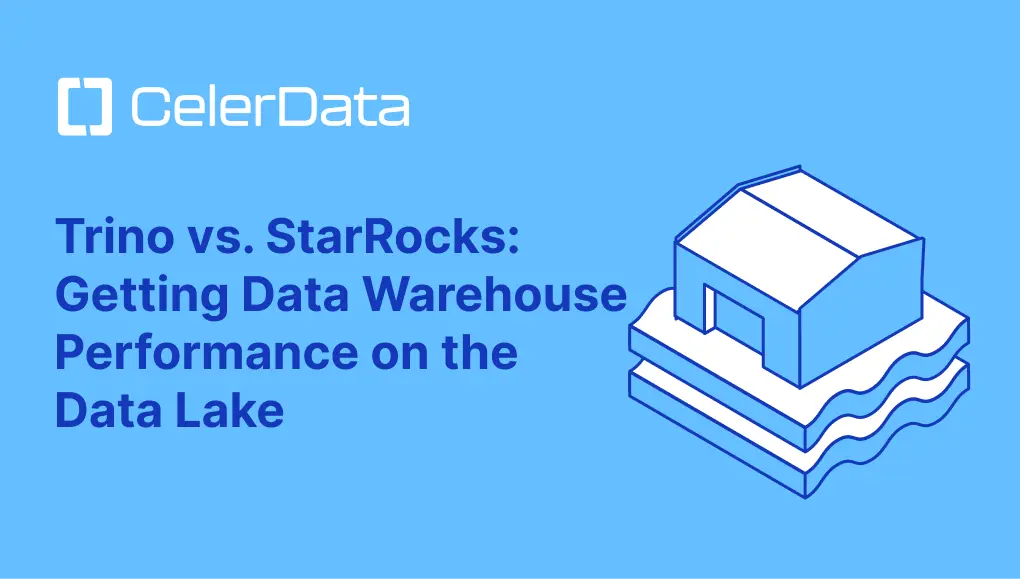
Unlocking Finance Analytics for Better Data Governance
Understanding Finance Data Governance
Finance data governance serves as the backbone for effective Finance Analytics. It provides a structured approach to managing financial data, ensuring that organizations can make informed decisions based on accurate and reliable information. This section delves into the definition, objectives, and key components of finance data governance.
Definition and Objectives
Finance data governance refers to the framework and processes that ensure the quality, security, and compliance of financial data. It aims to enhance Finance Analytics by providing a solid foundation for data-driven decision-making.
Ensuring Data Quality
Data quality stands as a cornerstone of finance data governance. High-quality data enables organizations to perform accurate Finance Analytics, leading to better insights and strategic decisions. Organizations must implement rigorous data validation and cleansing processes to maintain data integrity.
Maintaining Compliance
Compliance with regulatory requirements is crucial in the financial sector. Finance data governance helps organizations adhere to regulations such as BSA/AML/KYC, Dodd-Frank, and Basel III. By maintaining compliance, organizations can avoid legal penalties and build trust with stakeholders.
Enhancing Finance Analytics Capabilities
Finance data governance enhances Finance Analytics capabilities by providing a robust framework for data management. It allows organizations to leverage advanced analytics techniques, such as data mining and predictive modeling, to gain deeper insights into financial trends and patterns.
Key Components of Data Governance
Effective finance data governance comprises several key components that work together to ensure data quality, compliance, and security.
Data Policies and Standards
Data policies and standards form the foundation of finance data governance. They define the rules and guidelines for data collection, storage, usage, and disposal. By establishing clear data policies, organizations can ensure consistency and accuracy in their Finance Analytics processes.
Data Management Tools
Data management tools play a vital role in finance data governance. These tools facilitate data integration, warehousing, and quality monitoring, enabling organizations to manage their data efficiently. With the right tools, organizations can streamline their Finance Analytics processes and improve data accessibility.
Regulatory Compliance Frameworks
Regulatory compliance frameworks provide a structured approach to meeting legal and regulatory requirements. They help organizations navigate the complex regulatory landscape and ensure that their Finance Analytics practices align with industry standards. By implementing robust compliance frameworks, organizations can mitigate risks and enhance their reputation.
Key Strategies for Effective Finance Data Governance
Establishing Clear Data Policies
Finance departments must establish clear data policies to ensure effective data governance. These policies provide a framework for managing data responsibly and efficiently.
Defining Data Ownership and Responsibilities
Organizations should define data ownership and responsibilities clearly. Each data set requires an assigned owner who oversees its management and security. This approach ensures accountability and promotes data integrity. KPMG, a leader in finance data governance, emphasizes the importance of assigning clear roles to maintain data quality and compliance.
Creating Data Usage Guidelines
Creating comprehensive data usage guidelines is essential. These guidelines outline how data can be accessed, shared, and utilized within the organization. They help prevent misuse and ensure that data serves its intended purpose. By establishing these guidelines, organizations can foster a culture of responsible data usage.
Implementing Robust Data Management Tools
Robust data management tools play a crucial role in finance data governance. They enable organizations to handle vast amounts of data efficiently and securely.
Data Integration and Warehousing Solutions
Data integration and warehousing solutions streamline data management processes. They allow organizations to consolidate data from various sources into a single repository. This consolidation enhances data accessibility and supports advanced analytics. Forrester, a renowned authority in data governance, highlights the significance of these tools in improving data quality and consistency.
Data Quality Monitoring Systems
Implementing data quality monitoring systems is vital for maintaining high data standards. These systems continuously assess data accuracy and reliability. They identify discrepancies and prompt corrective actions, ensuring that data remains trustworthy for decision-making.
Ensuring Compliance with Regulations
Compliance with financial regulations is a cornerstone of effective data governance. Organizations must prioritize regulatory adherence to avoid legal repercussions and maintain stakeholder trust.
Understanding Relevant Financial Regulations
Understanding relevant financial regulations is imperative. Organizations should stay informed about laws such as BSA/AML/KYC, Dodd-Frank, and Basel III. This knowledge enables them to align their data practices with legal requirements and industry standards.
Regular Compliance Audits and Assessments
Regular compliance audits and assessments are essential for verifying adherence to regulations. These evaluations identify potential gaps and areas for improvement. By conducting audits, organizations can proactively address compliance issues and enhance their governance framework.
Benefits of Effective Data Governance
Effective data governance offers numerous advantages that significantly enhance Finance Analytics. Organizations that prioritize data governance experience improved decision-making and enhanced risk management, leading to better overall performance.
Improved Decision-Making
Data governance plays a pivotal role in refining decision-making processes within organizations. By ensuring access to accurate and timely data, organizations can make informed decisions that drive success.
Access to Accurate and Timely Data
Organizations with robust data governance frameworks enjoy access to precise and up-to-date data. This accuracy allows them to rely on trustworthy information when making strategic decisions. As a result, they can respond swiftly to market changes and capitalize on emerging opportunities. The availability of reliable data also supports Finance Analytics by providing a solid foundation for analysis and interpretation.
Enhanced Predictive Analytics
Predictive analytics becomes more effective with high-quality data. Organizations can leverage advanced analytical techniques to forecast trends and anticipate future challenges. This foresight enables them to devise proactive strategies and maintain a competitive edge. By integrating predictive analytics into their Finance Analytics practices, organizations can optimize resource allocation and improve financial outcomes.
Enhanced Risk Management
Data governance strengthens an organization's ability to manage risks effectively. By identifying and mitigating data risks, organizations can safeguard their assets and maintain operational stability.
Identifying and Mitigating Data Risks
Organizations with effective data governance can identify potential data risks early. They implement measures to mitigate these risks, ensuring data integrity and security. This proactive approach minimizes the likelihood of data breaches and other security incidents. As a result, organizations can protect sensitive information and maintain stakeholder trust.
Strengthening Data Security Measures
Data governance enhances data security by establishing robust protection measures. Organizations implement stringent access controls and encryption protocols to safeguard their data. These measures prevent unauthorized access and ensure compliance with regulatory requirements. By prioritizing data security, organizations can focus on Finance Analytics without compromising data integrity.
In conclusion, effective data governance is essential for unlocking the full potential of Finance Analytics. It improves decision-making by providing access to accurate data and enhances predictive analytics capabilities. Additionally, it strengthens risk management by identifying and mitigating data risks while bolstering data security measures. Organizations that embrace data governance can achieve operational excellence and maintain a competitive advantage.
Conclusion
Finance data governance plays a pivotal role in unlocking the potential of finance analytics. By ensuring high-quality, well-integrated data, organizations can make strategic decisions and set realistic goals. To harness these benefits, readers should begin implementing the discussed strategies.
Actionable Steps:
-
Define Clear Data Policies: Establish ownership and responsibilities for data management.
-
Implement Robust Tools: Use advanced data management tools to enhance data quality.
-
Ensure Compliance: Regularly audit and assess compliance with financial regulations.
By following these steps, organizations can future-proof their data governance processes and maintain a competitive edge.


.webp)

